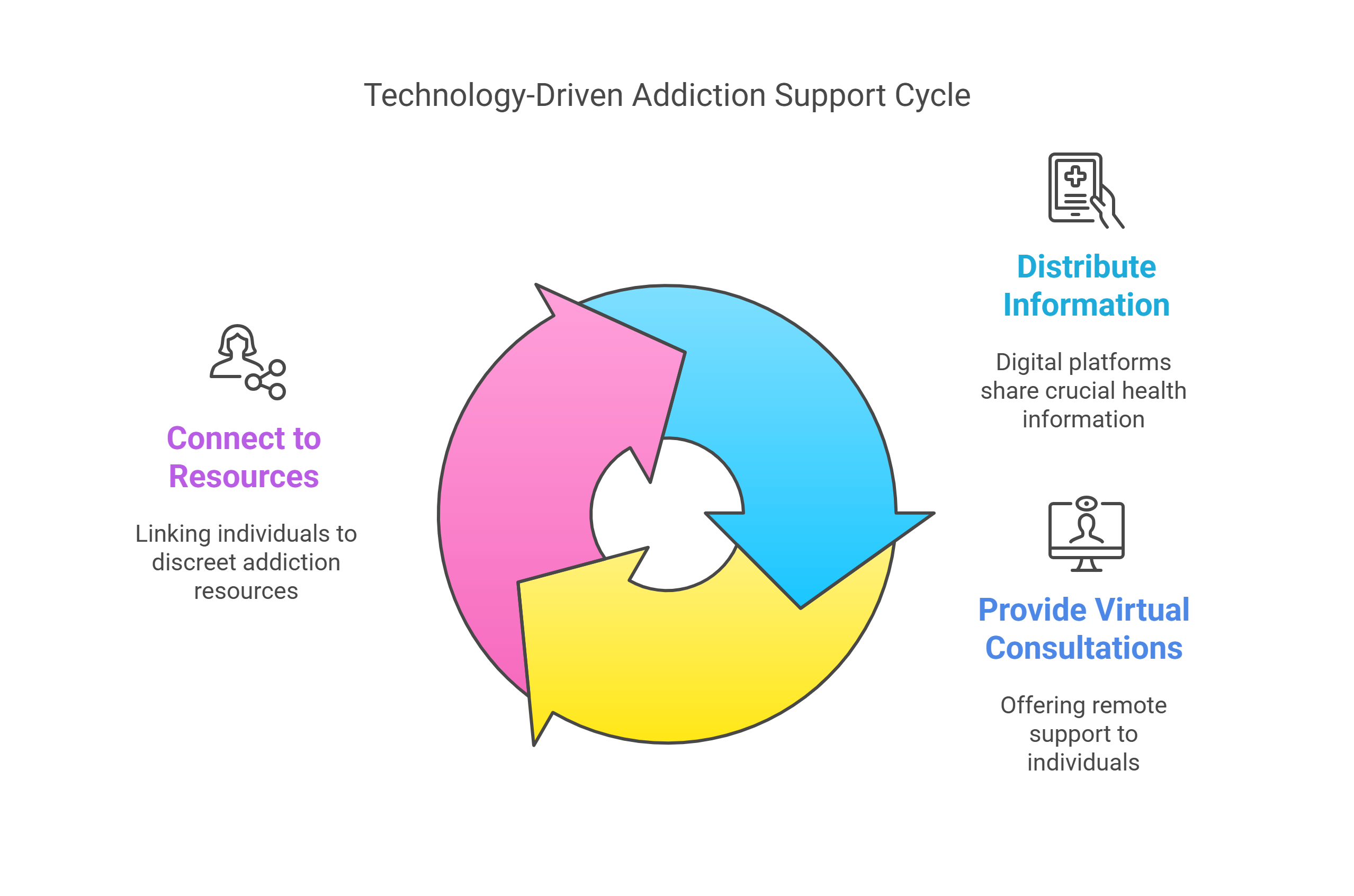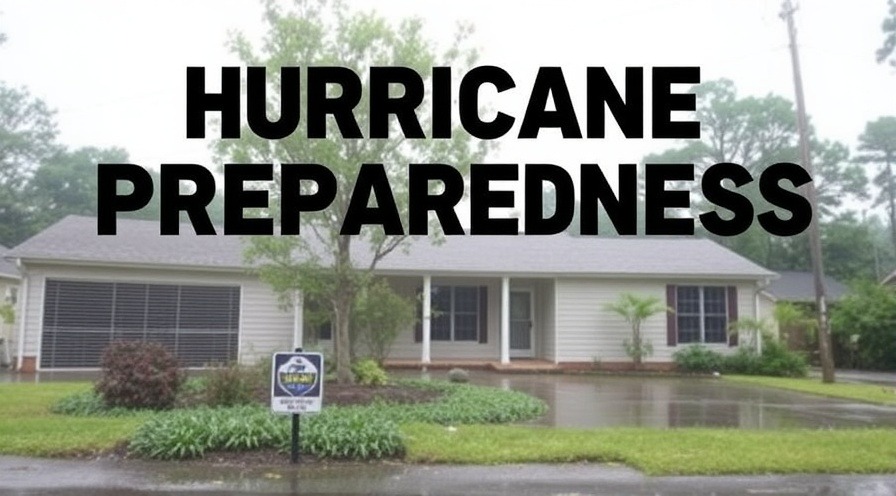
Rural NC Counties Unite to Tackle Overdose Deaths
In an alarming response to the rising tide of overdose deaths affecting communities, three rural counties in North Carolina—Bertie, Gates, and Hertford—are pioneering innovative approaches to combat this public health crisis. These counties have outlined detailed action plans focusing on community outreach, education, and improved access to treatment resources.
Understanding the Scope of the Crisis
According to recent data, North Carolina has seen a significant increase in overdose fatalities, a trend that has disrupted family structures and strained healthcare resources. More than just a statistic, these numbers tell heart-wrenching stories of individuals lost to addiction—a critical issue for rural communities where resources and outreach can be limited. Despite these challenges, local officials are rallying to develop coherent strategies to prevent further loss.
Collaborative Strategies for Change
The plan endorsed by these counties hinges on collaboration between local governments, community organizations, and health providers. A significant emphasis is placed on harm reduction techniques, including distributing naloxone—a medication that reverses opioid overdoses—and establishing safe spaces for substance use recovery. By creating these frameworks, advocates hope to take a proactive stance on overdose prevention.
Education and Awareness Initiatives
Education plays a vital part in their strategy, focusing not only on informing the public about the dangers of substance abuse but also on breaking down the stigma surrounding addiction. Community forums and training programs are being launched to equip residents with the knowledge and tools to effectively intervene in overdose situations. These awareness initiatives aim to empower residents to recognize the signs of substance abuse and know how to respond appropriately.
The Role of Technology in Tackling Overdoses
Integrating technology into their approach has also proven beneficial. Local health departments are exploring digital platforms to distribute crucial information and provide virtual consultations for those seeking help. By utilizing social media and mobile applications, they aim to connect individuals struggling with addiction to resources discreetly and efficiently, without the barriers often present in rural areas.

Future Predictions: Hope on the Horizon
Looking ahead, experts are optimistic that these efforts will significantly reduce overdose deaths in these counties. By tackling the problem holistically—through education, community engagement, and technology—there is potential for a ripple effect; one that could inspire similar initiatives across the state. As other rural areas observe the success of these counties, a statewide movement focusing on comprehensive overdose prevention strategies could emerge.
Common Misconceptions About Substance Abuse
It is crucial to address common misconceptions about addiction and overdose. Many still perceive substance abuse as a choice rather than a disease that profoundly impacts individuals and families. By fostering a better understanding of addiction, communities can enhance their support systems and cultivate an environment of empathy and action. This shift in perspective is essential to combat the stigma that often prevents individuals from seeking help.
Empowerment Through Local Action
The collaborative approach of these three counties serves as a template for others grappling with similar issues. Local action can induce meaningful change, encouraging other regions to strategize similarly, adapt initiatives to their unique circumstances, and prioritize addiction treatment as a crucial component of public health policy.
Addressing substance abuse and overdose is not just a governmental responsibility but a communal one. Together, the concerted efforts of these rural NC counties showcase the power of local collaboration and community resilience in the face of adversity. As they move forward, their actions will not only save lives but set a precedent for nationwide initiatives towards harm reduction and comprehensive addiction support.
 Add Row
Add Row  Add
Add 




 Add Row
Add Row  Add
Add 

Write A Comment